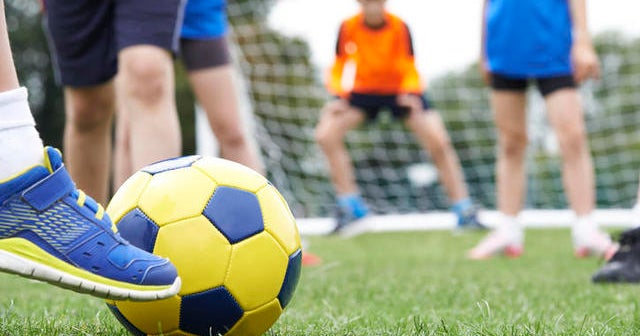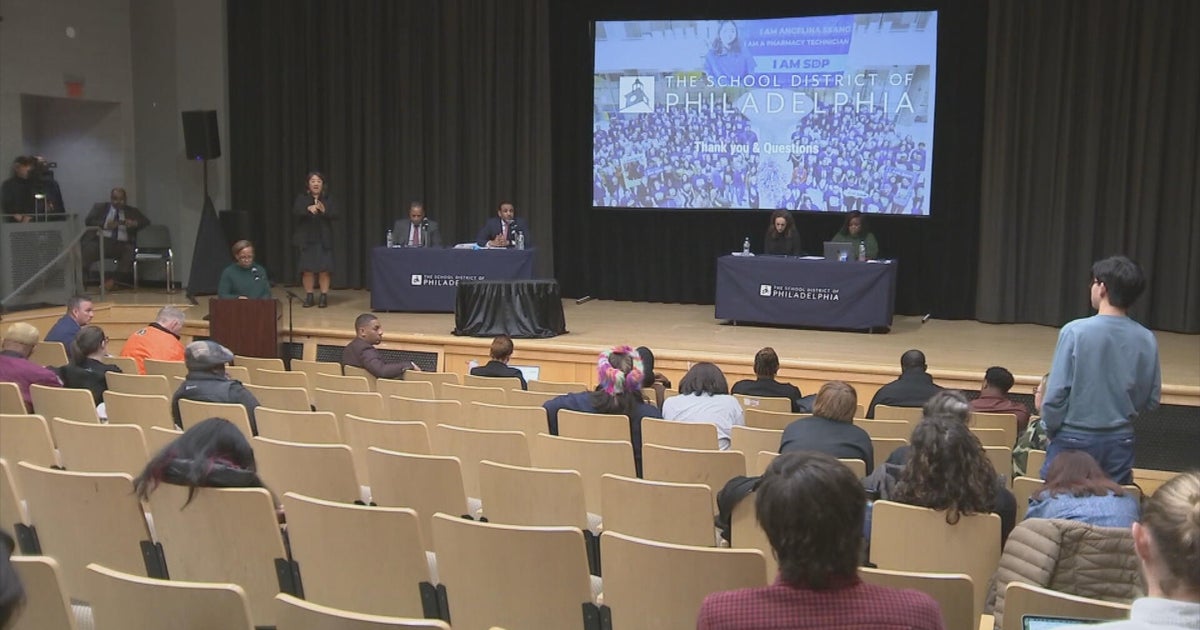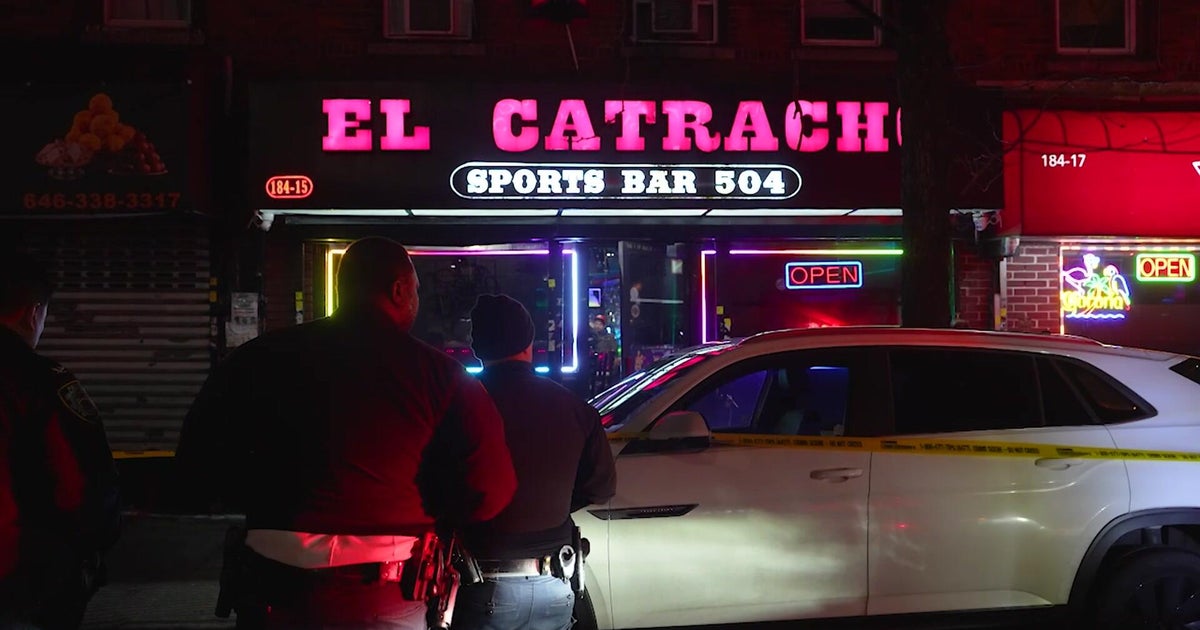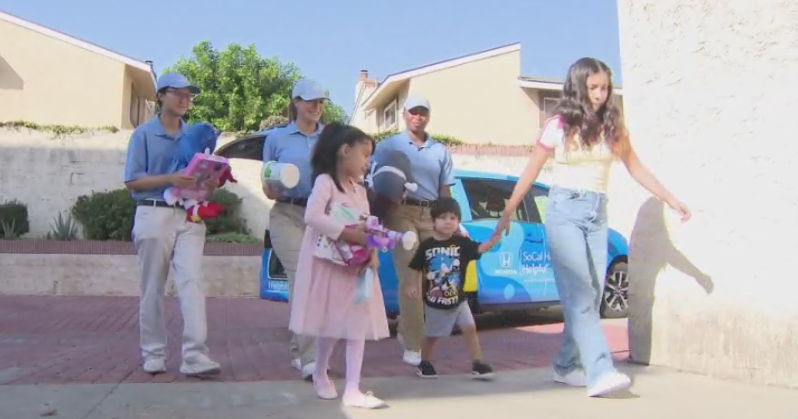North Texas doctor breaks down 5 concussion myths
DALLAS (CBSDFW.COM) -- If you have a young athlete, you know the concern over concussions.
Football, cheerleading, wrestling and soccer are just some of the sports that come with that risk and CBS 11 spoke with Dr. Munro Cullum with UT Southwestern about five concussion myths all parents should know about.
Myth 1: Don't let someone with a concussion fall asleep
"Well that was the lure many, many years ago," Dr. Cullum said. "With the fear being that may slip into coma and never wake up."
Dr. Cullum said as long as your child is cleared by a professional, rest is actually a good thing.
Myth 2: Concussion symptoms only hit the same day as your injury
"In some cases symptoms may not emerge or be evident until the next day or so," Dr. Cullum said.
Myth 3: You have to hit your head
Dr. Cullum said a blow to the body can be just as damaging.
"So anything that causes a rapid acceleration and deceleration of the brain within the skull, it bouncing around in there and getting stretched, can actually produce concussion symptoms."
Myth 4: Your kids can return to play as soon as they feel OK
"Yeah, Probably not a good idea," Dr. Cullum said. "If it's really a suspected concussion the brain needs a while to recover, so you don't want to return too early."
Myth 5: All concussions lead to a neuropathic condition called CTE
CTE is a condition often linked to football players who've had repeated blows to the head leading to problems with memory, depression, and mood swings.
"We can't really detect it in living people, and we still don't really know what causes it there," said Dr. Cullum. "Some research suggests there may be an association with concussion, but that's really not clear."
Dr. Cullum said most states do require young athletes be removed form play for a week, and then cleared by a doctor before returning. He said that's a good rule of thumb for everyone to follow.
Symptoms of a concussion can include:
- Drowsiness
- Headache
- Loss of consciousness
- Memory loss
- Irritability
- Confusion
- Nausea
- Vomiting
If you suspect your child has had a concussion, you should get them checked out by a doctor as soon as possible.







